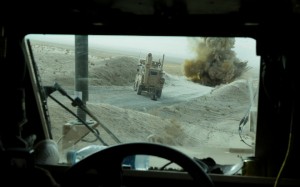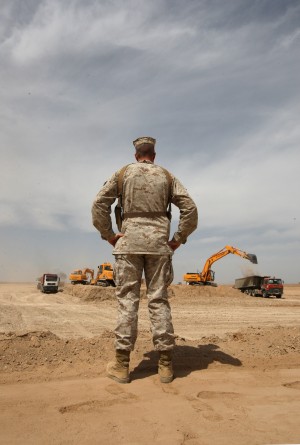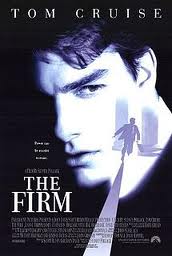 Author Kerry Patton has written a book that helps dispel the errors floating about concerning American’s undecorated and unsung warriors. Contracted: America’s Secret Warriors, is a fictionalized account but offer much to underscore the heroism and contribution of so many to the country’s cause.
Author Kerry Patton has written a book that helps dispel the errors floating about concerning American’s undecorated and unsung warriors. Contracted: America’s Secret Warriors, is a fictionalized account but offer much to underscore the heroism and contribution of so many to the country’s cause.
As a military veteran and expert in intelligence, security and counter-terrorism who has worked at the highest levels of government, including the Department of Defense and Homeland Security, Patton initially began Contracted as an autobiography. However, fear of breaching intelligence secrets led Patton to switch gears, writing a fictionalized story instead, one based on true events, but told through the voice of Declan Collins, a former military man recruited out of civilian life by the CIA for intelligence work in Afghanistan.
There, Declan and his civilian partner, Rex Browhart, himself a former military vet, find themselves assigned as military advisors at a Forward Operating Base in eastern Afghanistan.
At the FOB, Collins and Browhart form a working alliance with a varied group of officers and enlisted men on a plan to arm Afghan warlords eager to fight the Taliban, a plan Collins believes will save American lives.
Most of the men aiding Collins in this task are a mixture of Special Forces, including Delta Force, Navy Seals and Army Rangers and Green Berets. To Collins, these men are modern day warriors, part of a dying breed, driven to sacrifice their lives for God, family and country.
It’s a patriotic theme Patton employs throughout his book, one in which money isn’t the primary motivating factor driving these contractors — most of whom are former military — but rather a deep love of country further fueled by an abiding loyalty to aid their brothers-in-arms.
Unfortunately, the press has helped to paint a picture of civilian contractors as either nothing more than mercenaries in search of a quick paycheck or out-of-control homicidal maniacs, such as those in Blackwater, the private security consulting firm employed by the US government during the Iraq war.
Not surprisingly, that negative portrayal tends to overlook the heroism and sacrifices that many contractors have performed and endured once they have left the comfort and safety of the civilian world for life in a combat zone.
In fact, it is to that point that Patton reportedly wrote Contracted, noting it is “truly meant for those unsung heroes who never get recognized yet often get chastised.”
That recognition comes at the same time as the use of civilian contractors in combat zones by American corporations, defense contractors, and governmental agencies — including the DOD, State Department and CIA — is growing in both prominence and danger.
Specifically, in 2012 American civilian contractors constituted 62 percent of the US presence in Afghanistan. These contractors are used in many unarmed roles, including transporting supplies, staffing food services, building homes and commercial facilities and serving as interpreters.
However, they are also employed in armed capacities, jobs which include providing security for State Department and Pentagon officials, guarding US installations, gathering intelligence and training the Afghan army and police.
Still, whether operating in armed or unarmed roles, the risks these civilian contractors face are great. In 2011, 430 American contractors were reported killed in Afghanistan — 386 who worked for the Defense Department — and 1,777 injured or wounded.
In fact, 2011 marked the first time that deaths among civilian contractors working for American companies in Afghanistan outnumbered the deaths of US military personnel in that country.
Yet in addition to the physical risks they face, civilian contractors can also be subjected to the prospect of financial ruin.
For example, while the federal Defense Base Act requires American contractors to carry insurance that will provide their employees with medical care and compensation, there have been numerous instances in which medical coverage has been cancelled and contractors and their families uncompensated.
Not surprisingly, all of this has gone relatively unnoticed by the American public, ignorance perhaps driven in part by journalistic indifference.
Of course, to be fair, it’s not entirely unusual that the full details of war have difficulty coming to light. That view was once expressed decades after the Civil War had ended, when Walt Whitman, in a moment of reflection, wrote, “The real war will never get in the books.”
To his credit, Kerry Patton’s new novel, Contracted: America’s Secret Warriors,has managed to allow us a glimpse into the real war in Afghanistan and the hazardous and heroic role played there by America’s civilian contractors.









